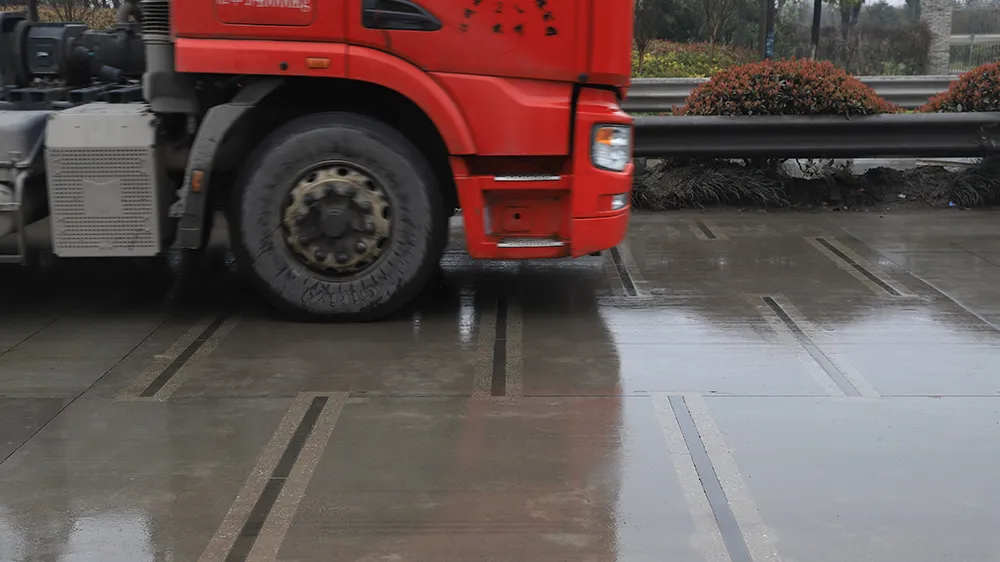“Officials in Incheon City are committed to reducing pollution and
societal costs by reducing traffic congestion,” says David Lee of
L&B Systems, Wavetronix’ authorised representative in Korea. “The
catchphrase is ‘low carbon monoxide and green traffic systems’.”
To help keep traffic moving efficiently, officials have installed 80
SmartSensor HD units on major roads to monitor real-time vehicle volumes
as well as individual vehicle speeds. The sensors were installed by
Yong Sung Hi-Tech Company, in cooperation with Kyung Bong Company, the
main contractor for the project.
“Radar was the technology of choice because Incheon is a harbour city and fog is a major problem here,” says Lee. “SmartSensor HD was chosen after officials reviewed other installations in the country. Competitive devices were less efficient and less accurate.”
Lee says accuracy was an important factor in this project. “There is an HD installation on the Incheon Great Bridge, and the sensor’s high performance at that location was a good reference for officials in deciding what device to use in this ATMS,” he says.










